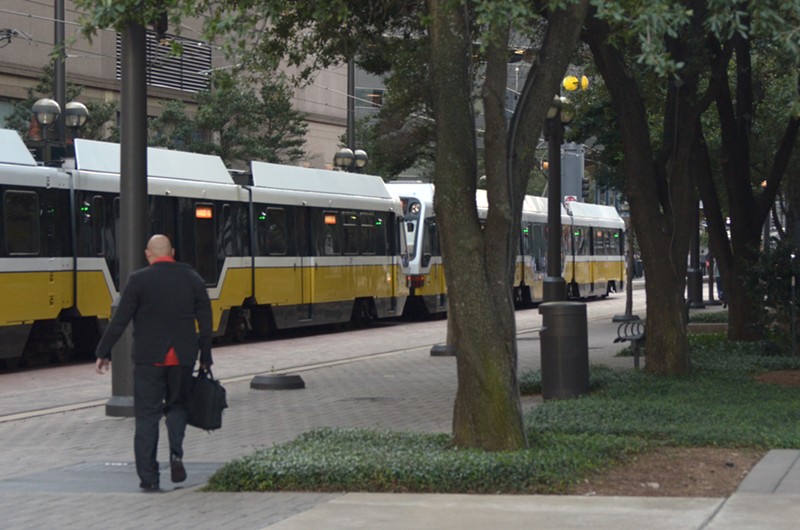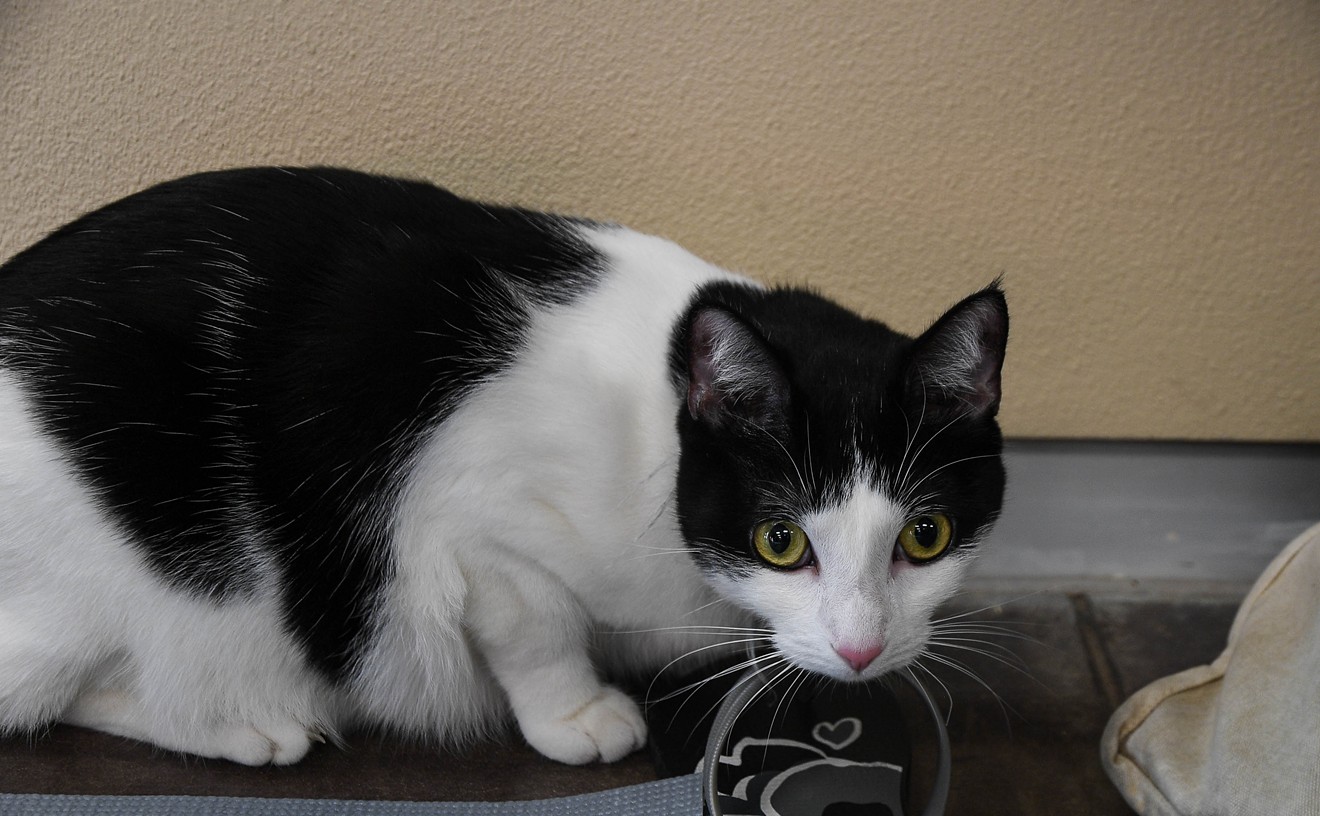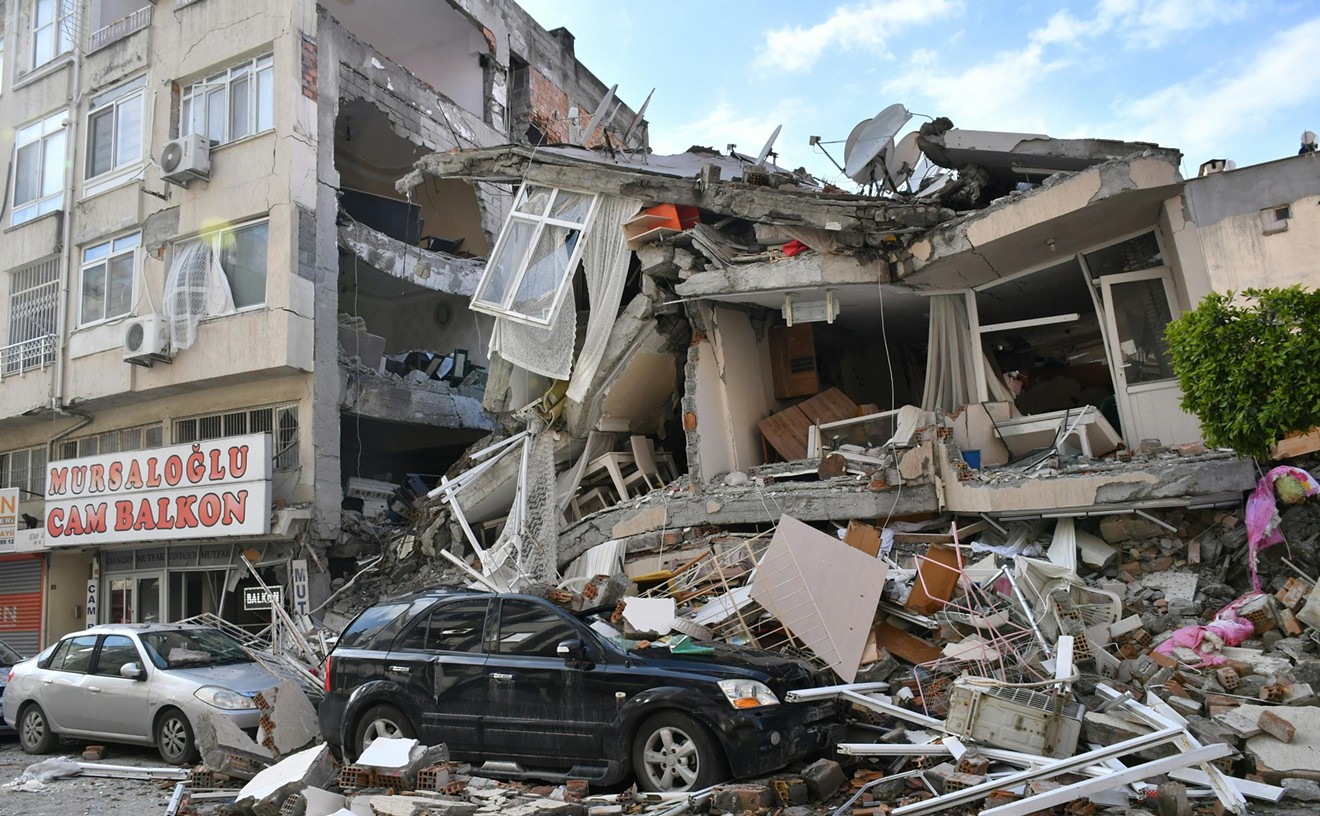Earlier this year, 200 people packed into Old Parkland Hospital to hear city leaders talk about the future of Dallas Area Rapid Transit. DART had some big projects coming up, like the overhaul of its bus system and the planned downtown subway extension, and was working toward major public transit transformation. But like much else, it halted when the pandemic broke out.
Now, DART faces a $1 billion negative hit to its revenue in the next 20 years, DART board member Jon-Bertrell Killen said during a virtual discussion Thursday. Killen and other board members tuned in to talk about the rocky road ahead. The event was hosted by Coalition for a New Dallas.
The city transit system gets most of its funding from sales taxes. But those funds are drying up, Killen said. Their latest estimates indicated that 2020 will see a $157 million drop in sales tax revenue and a $182 million drop in 2021. The decrease in ridership during the pandemic will likely cause another $46 million loss over the next two years.
Federal funding will relieve some of the pressure from the COVID-crunch on DART's bottom line. It's set to receive $250 million from the Coronavirus Aid, Relief and Economic Security Act. The city is also hoping to get another $650 million for the subway extension. Killen said they are still trying to come up with a plan in case they don't receive the extra money for the subway.
Michele Wong Krause, a board member, said that before COVID-19, a significant shift was taking place in public transit, incorporating ride-sharing services, rental bikes and scooters, and flying Ubers. Despite this, Krause said buses are, and for the foreseeable future will continue to be, DART's backbone.
But cuts are coming to a bus system has been starving for resources for some time now, board member Patrick Kennedy said.
Even with federal relief money, Killen said cuts will have to be made to DART staff, and the bus and rail departments will likely see the bulk of the cuts. This would coincide with a 20% reduction in bus services and a 10% reduction in rail, though there are options if the board members want to preserve service.
Killen said the board expects to have over $700 million in various cash accounts by the end of the fiscal year.
"We could dip into those rainy-day accounts, including the CARES act funding that I mentioned, to help preserve service provided a majority of the board believes that this situation is a rainy enough day to use those funds," Killen said. This is what they did to preserve service in 2009 during the recession.
Staff will begin taking draft versions of the budget out to each member city in August to start making these funding decisions. Until then, Krause said they are looking everywhere they can for savings. The agency is looking to cut $40 million from its operational spending next year.
Krause does believe DART will survive the pandemic but said it's likely to come out a smaller and leaner agency.
The board members said their main priorities for the near future include the launch of the bus network redesign, saving bus and rail services from as many cuts as possible and keeping the subway project on track.
[
{
"name": "Air - MediumRectangle - Inline Content - Mobile Display Size",
"component": "18855504",
"insertPoint": "2",
"requiredCountToDisplay": "2",
"watchElement": ".fdn-content-body",
"astAdList": [
{
"adType": "rectangle",
"displayTargets": "mobile"
}
]
},{
"name": "Editor Picks",
"component": "17105533",
"insertPoint": "4",
"requiredCountToDisplay": "1",
"watchElement": ".fdn-content-body",
"astAdList": [
{
"adType": "rectangle",
"displayTargets": "desktop|tablet"
},{
"adType": "rectangle",
"displayTargets": "desktop|tablet|mobile"
}
]
},{
"name": "Inline Links",
"component": "18349797",
"insertPoint": "8th",
"startingPoint": 8,
"requiredCountToDisplay": "7",
"maxInsertions": 25
},{
"name": "Air - MediumRectangle - Combo - Inline Content",
"component": "17105532",
"insertPoint": "8th",
"startingPoint": 8,
"requiredCountToDisplay": "7",
"maxInsertions": 25,
"watchElement": ".fdn-content-body",
"astAdList": [
{
"adType": "rectangle",
"displayTargets": "desktop|tablet"
},{
"adType": "rectangle",
"displayTargets": "desktop|tablet|mobile"
}
]
},{
"name": "Inline Links",
"component": "18349797",
"insertPoint": "8th",
"startingPoint": 12,
"requiredCountToDisplay": "11",
"maxInsertions": 25
},{
"name": "Air - Leaderboard Tower - Combo - Inline Content",
"component": "17105535",
"insertPoint": "8th",
"startingPoint": 12,
"requiredCountToDisplay": "11",
"maxInsertions": 25,
"watchElement": ".fdn-content-body",
"astAdList": [
{
"adType": "leaderboardInlineContent",
"displayTargets": "desktop|tablet"
},{
"adType": "tower",
"displayTargets": "mobile"
}
]
}
]












